Originally posted on the Trust, Media and Democracy blog of the Knight Foundation and the Local News Lab blog of the Democracy Fund.
This summer, prompted by the decade-long decline of Colorado’s newspaper industry — which boiled to the surface in April with a national headline-grabbing editorial page mutiny at The Denver Post — the Colorado Media Project launched a rapid, rigorous exploration of local news in our state.
How did we get here? Colorado has the second-fastest growing economy in the nation, and our population is expected to increase by more than 40 percent by 2040. Yet the depth and breadth of local news has declined dramatically in recent years. About 500 print journalists covered Denver in 2009, before the demise of the Rocky Mountain News and the hollowing of the Denver Post. Today, that number is down to less than 70. Throughout the state, other community papers have faced a similar decline, and many areas have become local news deserts. At the same time, overall trust in media has taken a hit, the traditional role of the Fourth Estate as civic watchdog is evolving, and rapidly-changing technology is dramatically reshaping our public commons and civic dialogue.
So from June to September 2018, a group of concerned citizens — journalists, civic leaders, academics, students, business leaders, and philanthropists — worked with a clear goal in mind: to research and accelerate scalable, sustainable, civic-minded solutions in Colorado’s digital media landscape.
The Colorado Media Project’s key findings dovetail with those emerging from the Knight Commission on Trust, Media and Democracy — namely, that there is an urgent need for reinvention and reinvestment in local journalism that serves the civic interest, as a means of restoring trust and connection in our communities. “The virtual collapse of profitable models for the local news business opens a vacuum where bad actors can manipulate systems and disinformation flourishes. One way to foil them: crowd out bad information with good,” wrote Nancy Watzman, sharing four prevailing themes that surfaced at the Commission’s July meeting, held just up the road in Aspen. “We need massive social commitment to develop and sustain quality, community news organizations far into the future.”
In Colorado, we are seeing this reality play out as a vibrant and growing field of digital-native local news startups emerge. The Colorado Sun launched last month by 10 journalists who left The Denver Post after the paper’s latest round of cuts. Denverite, which celebrated its second anniversary last month, is a daily must-read — particularly among the city’s younger residents. The Colorado Independent has become widely recognized as a leading source for statewide coverage of politics and social issues. Hyperlocals like The Longmont Observer and Aspen Journalism, and issue-specific sites like Chalkbeat Colorado, Streetsblog Denver, and Fresh Water News have emerged in recent years to help fill news gaps in Colorado.
These outlets are playing a vital role in our communities, yet the stark reality is that this dynamic ecosystem is extremely fragile. In collaboration with the Institute for Nonprofit News, The Colorado Media Project conducted a benchmark survey of 14 noncommercial news outlets in Colorado to learn more about each one’s mission, coverage topics, audience, staff size, business model, and more. We found the digital startups in particular were significantly underinvested in their business operations — hampering their ability to focus on revenue generation, audience targeting, and community engagement, three areas critical to long-term viability.
The good news is that the Colorado Media Project also found a large and underserved market for digital, local news, for whom “feeling good about contributing to an organization” is the second most important factor in their willingness to pay for local news. We are encouraged that tapping into this civic interest can help noncommercial digital news outlets increase individual memberships, corporate sponsorships, and philanthropic support for local news.
Ultimately, the Colorado Media Project concluded that our local news ecosystem requires more investment from — and engagement with — our local communities in order to survive. Chalkbeat co-founder Elizabeth Green estimates this to be a $1 billion problem nationally, and both community leaders and individual citizens in each city and state have a role to play in contributing to a solution. Meanwhile — and equally important — the local news ecosystem itself must continue its rapid evolution in order to meet our community’s information needs in the digital age — and address its threats.
Moving forward, the Colorado Media Project is exploring the creation of a Colorado news lab to help local media outlets get better at things they know are critical to their survival — business development, community engagement, technology, collaboration — but on which they may currently devote little time, energy, and focus. And we are starting a dialogue about how to galvanize and increase local philanthropic investment in Colorado news, to ensure the long-term health of our local sources of news and information — which are critical to our ability to participate effectively in a democratic society.
We’re doing this because we believe it is vital that Coloradans have access to reliable, trustworthy news and information about the issues most critical to the future of our state: public education, natural resources, health, economic equity, growth and development, transportation, arts and culture, and more. Local news outlets play a unique role, helping to populate our public squares with daily coverage, in-depth investigations, analysis, and in the best cases, they shed light on solutions. Especially as news platforms and formats continue to evolve, our ability to participate effectively in a democratic society — and to combat the spread of misinformation — is inextricably tied to the health, trustworthiness, and accessibility of our local sources of news and information.
The transformation of Colorado’s media landscape is ongoing, and it presents some exciting opportunities for journalists, entrepreneurs, innovators, and people interested in supporting them in thoughtful and productive ways. We invite you to join us, share your thoughts, and follow our progress as we continue this work.
Melissa Milios Davis is Vice President for Strategic Communications at the Gates Family Foundation, a place-based philanthropy advancing long-term quality of life in Colorado since 1946. The Foundation provides underwriting support for the Colorado Media Project, and has supported public and independent media for decades, especially as vital issues such as public education, rural issues, and natural resources have faced decreasing media coverage from commercial outlets.

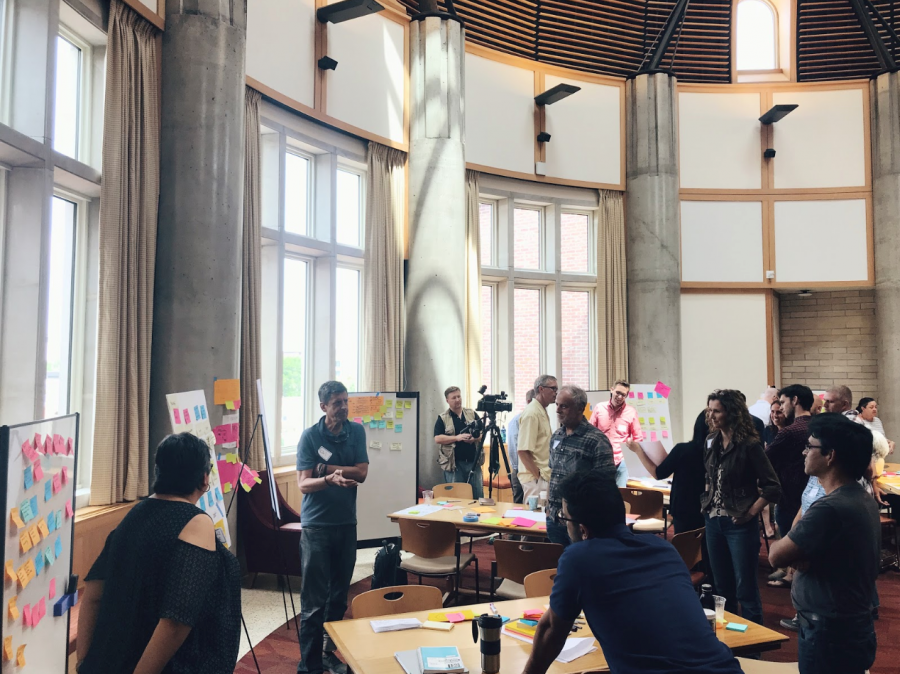



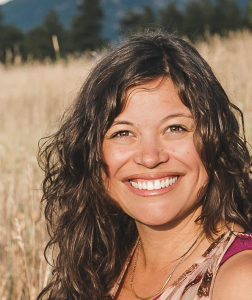


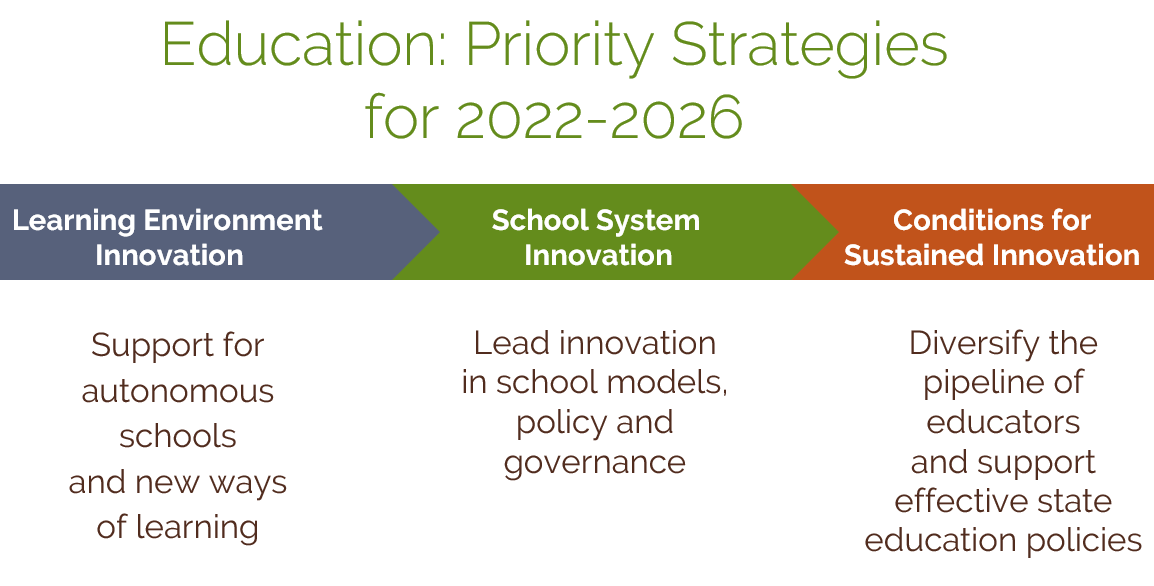

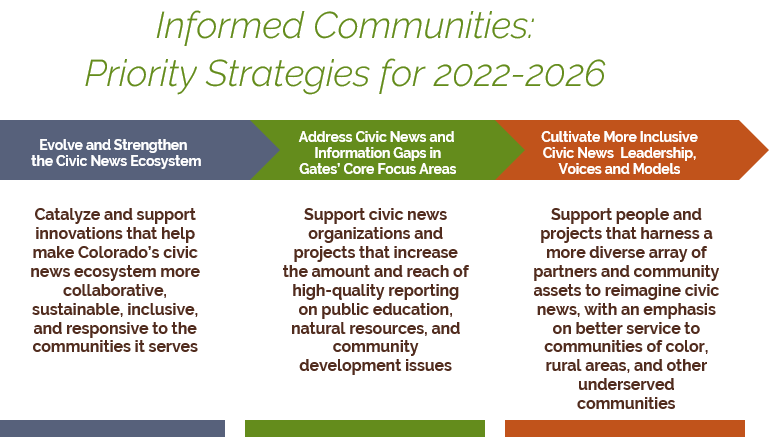
 Finally, also in 2023 a total of $410,956 previously committed by Gates to the
Finally, also in 2023 a total of $410,956 previously committed by Gates to the 
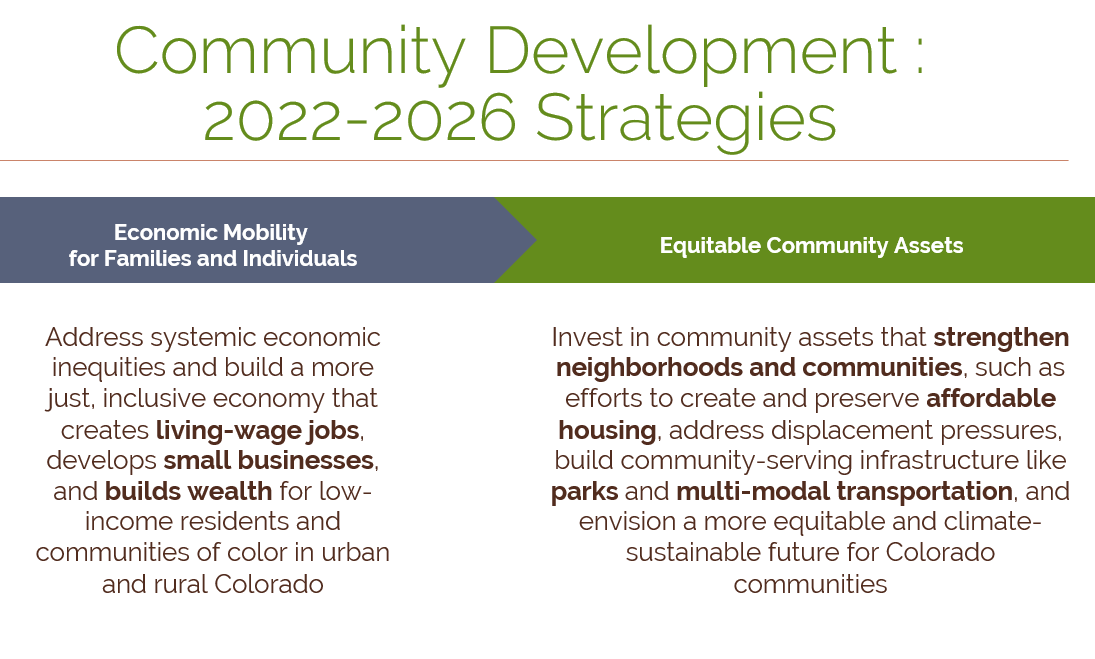

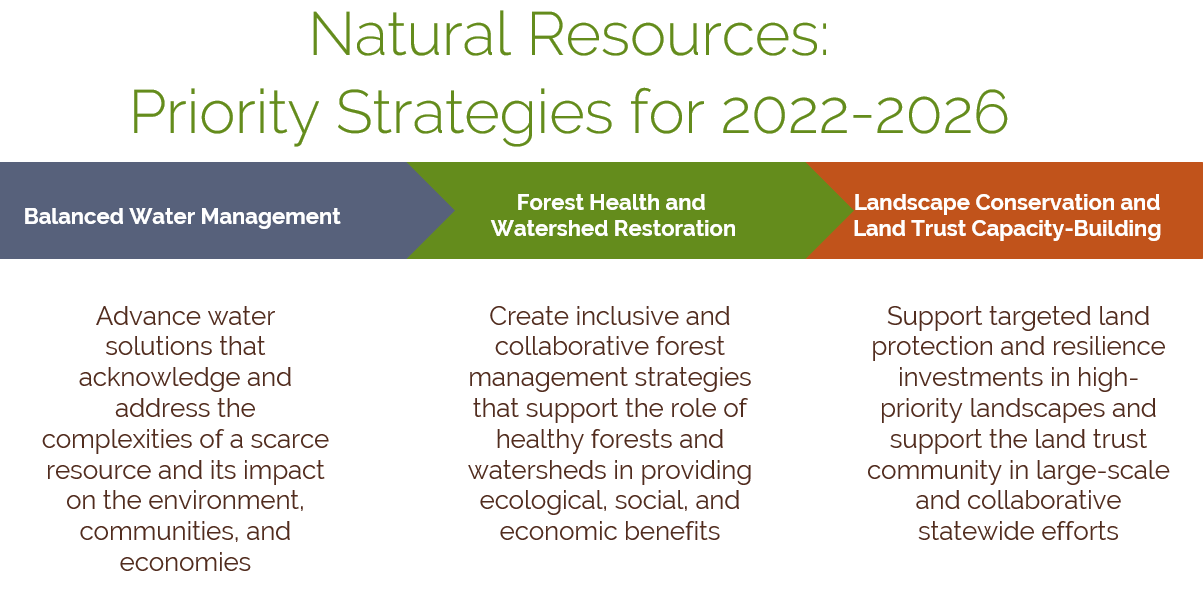
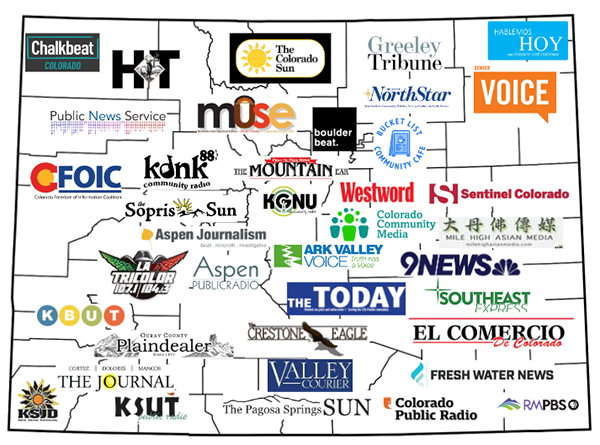 A total of $1,110,956 committed to the
A total of $1,110,956 committed to the 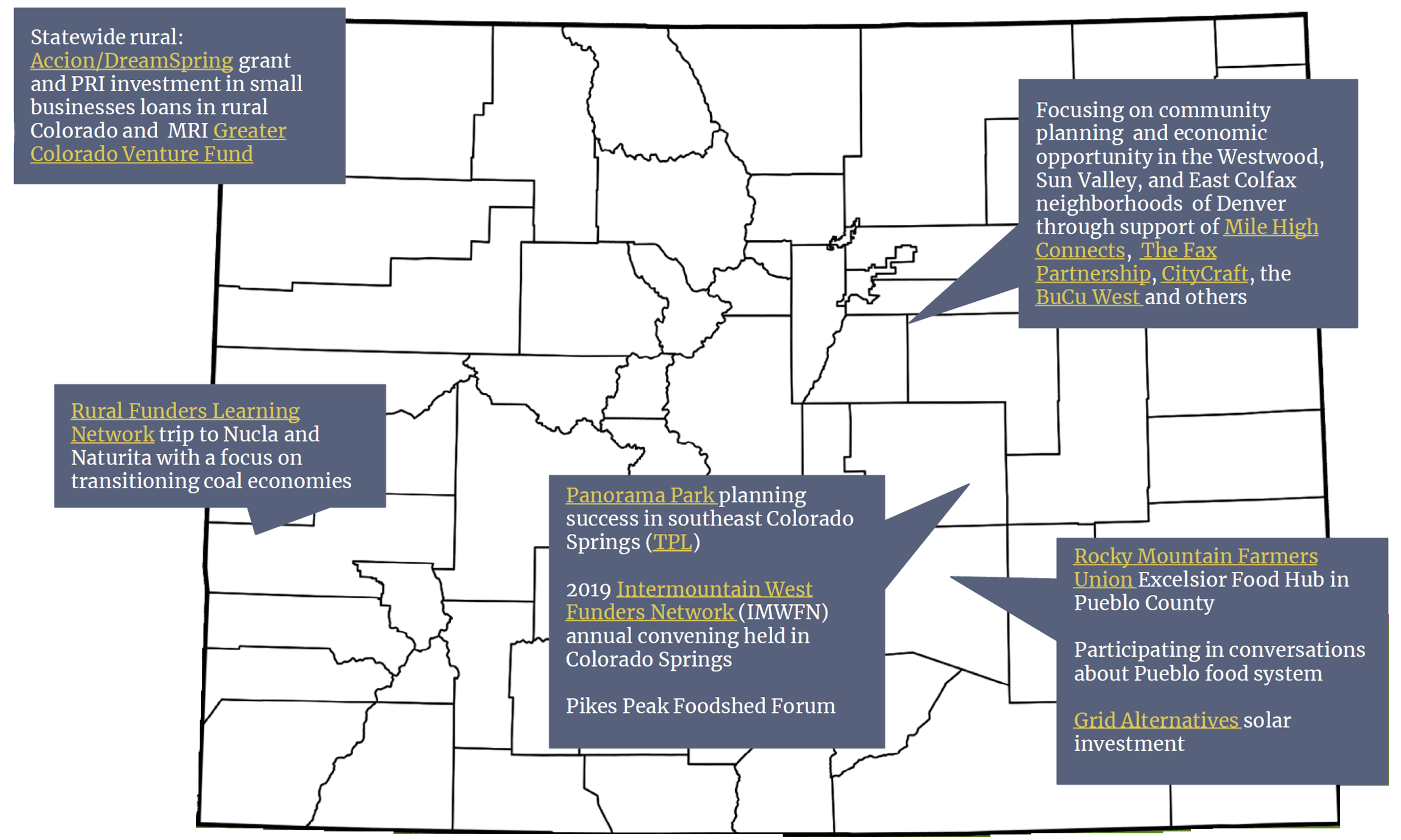 In 2019, the Community Development program committed $932,500 in strategic grants to 13 organizations and $465,000 in responsive capital grants to 12 organizations. New impact investments supporting vibrant communities in 2019 included a $500,000 MRI to
In 2019, the Community Development program committed $932,500 in strategic grants to 13 organizations and $465,000 in responsive capital grants to 12 organizations. New impact investments supporting vibrant communities in 2019 included a $500,000 MRI to 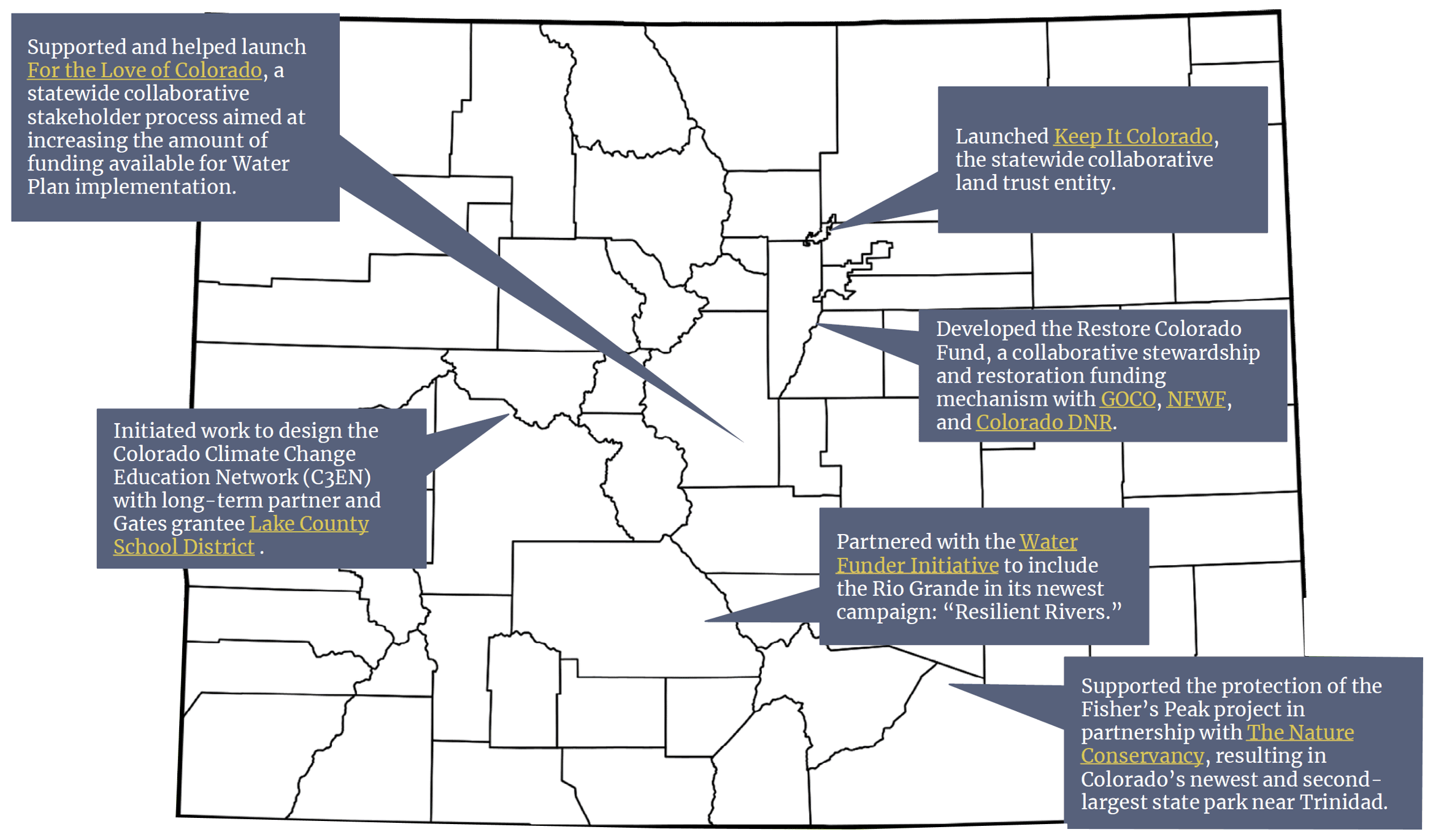 Our Focus Landscapes initiative, a key element of our Natural Resources program, underwent a comprehensive review, revision, and re-launch in 2019. This initiative was launched in 2011 to help Colorado achieve landscape-scale conservation through the protection of private lands in specific geographies. A great deal of progress was made in North Park, southeast Colorado, and the San Luis Valley, resulting in more than 200,000 acres of farm and ranch lands conserved, along with their associated ecological values. The strategic review process was done in close partnership with the land trust organizations representing those geographies, providing lessons-learned and an exploration of emerging opportunities. The revised Focus Landscapes initiative will first focus on two geographies:
Our Focus Landscapes initiative, a key element of our Natural Resources program, underwent a comprehensive review, revision, and re-launch in 2019. This initiative was launched in 2011 to help Colorado achieve landscape-scale conservation through the protection of private lands in specific geographies. A great deal of progress was made in North Park, southeast Colorado, and the San Luis Valley, resulting in more than 200,000 acres of farm and ranch lands conserved, along with their associated ecological values. The strategic review process was done in close partnership with the land trust organizations representing those geographies, providing lessons-learned and an exploration of emerging opportunities. The revised Focus Landscapes initiative will first focus on two geographies: 